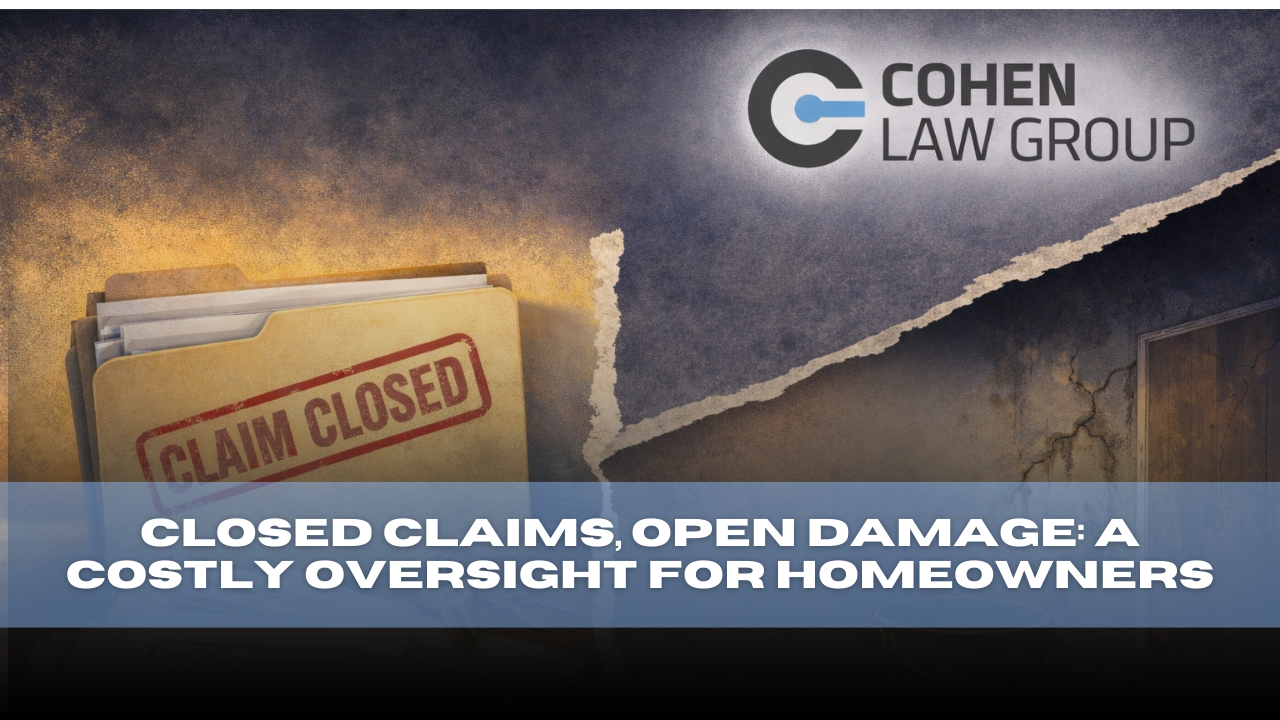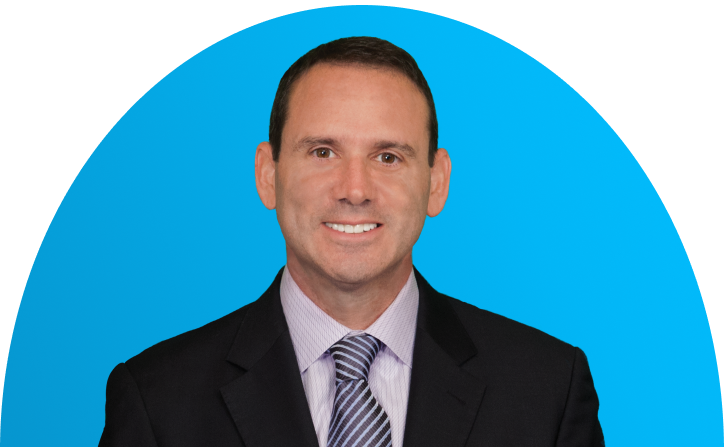No Bad Faith Claims On Write-Your-Own Flood Policies
By Robert “Bobby” Parsons, Esq.
Congress created the National Flood Insurance Program (“NFIP”) to offer flood insurance at rates that were uneconomical for private companies. Gowland v. Aetna, 143 F.3d 951, 953 (5th Cir. 1998). The Federal Emergency Management Agency (“FEMA”) administers the program and has established, by regulation, the Standard Flood Insurance Policy (“SFIP”). See 44 C.F.R. § 61.13; Sanz v. U.S. Sec. Ins. Co., 328 F.3d 1314, 1316 n.1 (11th Cir. 2003).
By statute and regulation, private insurers may offer a SFIP under a “Write-Your-Own” (“WYO”) program. See 42 U.S.C. § 4051; 44 C.F.R. § 61.13(f). The terms of the SFIP are set by federal regulations. See 44 C.F.R. § 61.1 et.seq. All losses and all administrative expenses they incur are paid by the NFIP, and ultimately the money comes out of the federal budget. WYO insurance carriers may not alter, vary, or waive the terms of the SFIP contract. 44 C.F.R. § 61.13(d).
Wright v. Allstate Ins.
In 2005, the U.S. Court of Appeals for the Fifth Circuit went so far as to hold that the prohibition against WYO carriers altering, varying, or waiving the terms of the SFIP contract can actually be used as a legal defense to equitable estoppel when a WYO carrier waived an important policy provision regarding proof of loss. See, e.g., Wright v. Allstate Ins., 415 F.3d 384 (5th Cir. 2005). As with other types of property policies, standard flood insurance policies require the insureds to file a proof of loss within 60 days. However, unlike proof of loss requirements under standard policies, courts strictly enforce the 60-day requirement and hold that failure to timely file a proof of loss complying with the regulatory requirements is a valid basis for denying a claim under a federal flood policy.
In Wright, Allstate had accepted a proof of loss from the insured during the 60-day window, only to later reject the proof of loss after the window had expired. The Fifth Circuit, after having been presented with Wright’s equitable argument regarding the ridiculous position of Allstate, held that because Allstate was not permitted to waive the proof of loss requirement per 44 C.F.R. § 61.13(d), Wright’s claim was barred for failing to comply with the requirement within 60 days. Id.
Under such circumstances in standard property insurance policies, when an insurance carrier acts in bad faith like Allstate appears to have acted in Wright, insureds have recourse under state laws to pursue carriers for bad faith claims handling. However, when insureds are faced with a WYO carrier acting in bad faith, state law tort claims arising from claims handling activities, i.e., bad faith claims handling, are preempted by the National Flood Insurance Act. Id.
This holding by the Fifth Circuit certainly offends our sense of fairness, but is consistent with holdings of federal courts around the county concerning claims handling practices of WYO flood carriers. The Fifth Circuit reiterated a statement from the Third Circuit that the central purpose of the NFIP was to reduce financial pressures on federal flood relief efforts and that state law tort claims against WYO carriers would increase those financial pressures.
Arguments regarding sovereign immunity, and the financial burdens of the NFIP aside, imbuing third party WYO carriers with the same sort of protections afforded to FEMA or any other federal agency is a stretch too far. Congress needs to take a closer look at the relationships between WYO carriers and FEMA, and establish some accountability for WYO carriers who practice bad faith claims handling.
A simple regulation allowing for state tort claims against WYO carriers that would place the burden of the financial consequences for violating said state tort laws on the WYO carrier itself, and not FEMA, would create accountability with no financial risk to the federal agency. The current status quo gives WYO carriers the ability to act without regard to potential liability for treble damages, insureds’ attorneys’ fees, or any other relief normally available under state laws to insureds who have been wronged by their carriers.

Robert “Bobby” Parsons, Esq.
DISCLAIMER: This website is for informational purposes only and does not provide legal advice. Please do not act or refrain from acting based on anything you read on this site. Using this site or communicating with Cohen Law Group through this site does not form an attorney/client relationship. This site is legal advertising. Please review the full disclaimer for more information by clicking here.








